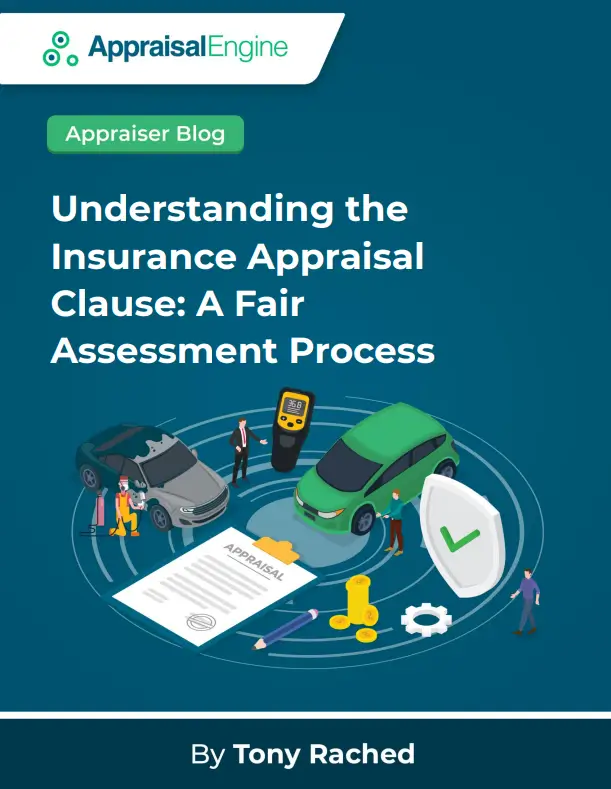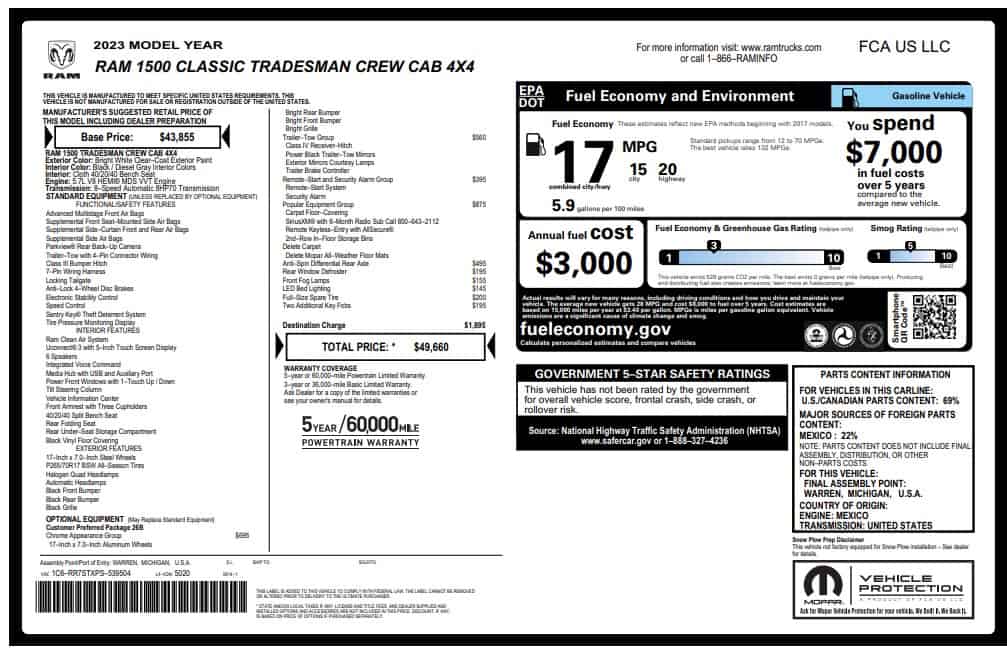In the realm of insurance claims, the appraisal clause plays a crucial role in resolving disputes between policyholders and insurers. This clause provides a mechanism for an unbiased assessment of damages, ensuring a fair and equitable resolution. In this article, we will delve into what the insurance appraisal clause entails and how it works, particularly highlighting the independence of the appraisers involved in the process.

Understanding the Insurance Appraisal Clause: A Fair Assessment Process (PDF)
Defining the Insurance Appraisal Clause:
The insurance appraisal clause is a provision found in many property insurance policies, allowing for an alternative dispute resolution method when there is a disagreement regarding the value of a covered loss. This clause is typically invoked when the insured and the insurer cannot come to an agreement on the amount of damages.
How It Works:
1. Invoking the Appraisal Clause:
- When a dispute arises, either party – the policyholder or the insurer – can invoke the insurance appraisal clause.
- This triggers the appointment of two appraisers – one chosen by the policyholder and the other by the insurer.
2. Selection of an Umpire:
- The two appraisers then work together to choose a neutral third party known as an umpire.
- The umpire acts as a mediator in case the appraisers cannot agree on the valuation of the damages.
3. Independence of Appraisers:
- One of the critical aspects of the appraisal clause is the independence of the appraisers.
- The adjuster, who represents the insurance company, must hire an independent appraiser who is impartial and not influenced by the insurer.
4. Settlement Becomes a Matter Between Appraisers:
- Once appointed, the two appraisers assess the damages independently.
- The settlement of the claim becomes a negotiation between the appraisers, with the umpire stepping in if they cannot reach an agreement.
5. Binding Nature of the Appraisal:
- The valuation determined by the appraisers is usually binding on both parties.
- This means that the agreed-upon amount becomes the final settlement for the claim, and both the policyholder and the insurer are bound by this decision.
Conclusion
The insurance appraisal clause serves as a valuable tool for ensuring a fair and impartial assessment of damages in insurance claims. The involvement of independent appraisers and the separation of the appraisal process from the influence of either party contribute to a transparent and equitable resolution. Understanding this clause is essential for policyholders and insurers alike, as it provides a structured approach to resolving disputes and maintaining trust in the insurance process.





